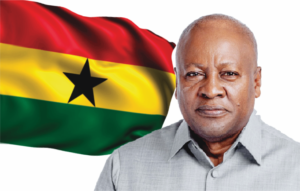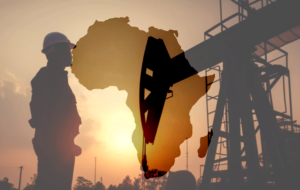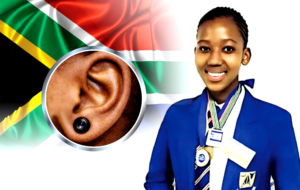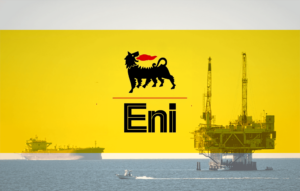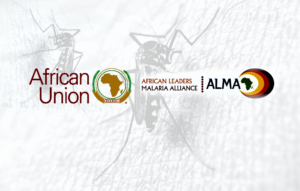Top 10 Most Developed African Countries (by HDI)
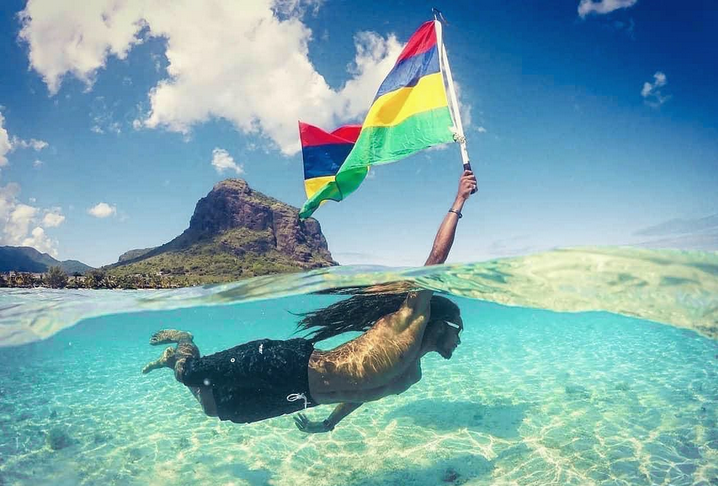
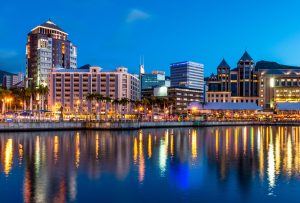
| Rank | Country | HDI Score* | Notes / Strengths |
| 1 | Mauritius | ~0.804 | Only African country in the very high human development category in recent reports. |
| 2 | Seychelles | ~0.796 | Strong in life expectancy, education, health systems. |
| 3 | Algeria | ~0.748 | Good infrastructure, relatively high life expectancy and education. |
| 4 | Tunisia | ~0.740 | Relatively stable governance, strong educational institutions, health indicators. |
| 5 | Botswana | ~0.735 | Political stability, relatively small population combined with good social indicators. |
| 6 | Libya | ~0.724 | Despite political difficulties, has strong infrastructure and human development indicators in many areas. |
| 7 | South Africa | ~0.709 | Most diversified economy in Sub-Saharan Africa, strong universities, healthcare systems (though there are inequalities). |
| 8 | Egypt | ~0.707 | Large economy, improvements in healthcare and education. |
| 9 | Gabon | ~0.703 | High per capita incomes (for Africa), relatively small population, investment in public services. |
| 10 | Morocco | ~0.686 | Improving social services, education, infrastructure; still some development gaps. |
When the United Nations released its 2021/22 Human Development Index (HDI), the results once again illuminated both the progress and the persistent struggles of Africa. Across the globe, sixty-six nations were classified as very high human development countries, economies boasting stability, strong institutions, modern infrastructure, reliable healthcare, quality education and opportunities that nurture personal freedom. Yet, in Africa, a continent of over 1.4 billion people spread across 54 nations (+ 1), only one country, Mauritius, achieved that distinction.
What Makes a Nation a Developed: development, as defined by economists and policymakers, is not simply about wealth. It is the product of intertwined factors: a diverse and mature economy, functional governance, reliable infrastructure, job opportunities, healthcare, education, and social safety nets that protect families. It is also about the dignity of citizens having the freedom to pursue opportunities without fear of corruption, conflict, or neglect.
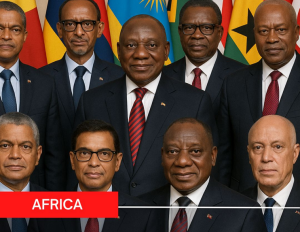
The UN’s HDI has emerged as the gold standard in measuring this progress. The index considers literacy rates, life expectancy, income inequality, and even mobile phone access, compressing a nation’s well-being into a score between 0.00 and 1.00. Countries scoring above 0.80 are considered “very high human development,” while those in the .70–.79 range are categorized as “high.” Africa, however, remains a continent with glaring disparities, where stories of aspiration sit alongside accounts of hardship.
Mauritius, a beacon in the Indian Ocean: Mauritius, the small island nation off Africa’s eastern coast, offers a glimpse into what is possible. With an HDI of 0.802, it barely crossed the threshold into “very high human development,” but its achievement is symbolic. The country boasts free education and healthcare, a literacy rate above 91 percent and a life expectancy of 75 years, figures more akin to Southern Europe than Sub-Saharan Africa.
Economically, Mauritius has transformed itself from a monocrop sugar producer into a diversified economy fueled by tourism, textiles, financial services, and technology. Its global ranking of 66th, while modest compared to the world’s most developed economies, sets an aspirational benchmark for the continent. For many African policymakers, the “Mauritian model” is not just about economic growth but about proving that governance, inclusivity, and resilience can produce results.
Seychelles and Algeria are rising but constrained: Trailing Mauritius is Seychelles, with an HDI of 0.785. Like Mauritius, this Indian Ocean nation has capitalized on tourism, expanding its GDP nearly sevenfold since independence in 1976. Its picturesque beaches draw global visitors, but the island is also grappling with economic vulnerability, as climate change and pandemics expose the fragility of tourism-dependent growth.
On the North African front, Algeria stands out with a 0.745 HDI, fueled by its energy sector and bolstered by the continent’s highest life expectancy. Yet the country wrestles with political unrest, youth unemployment and an overdependence on hydrocarbons. A reminder that natural wealth alone does not guarantee long-term human development.
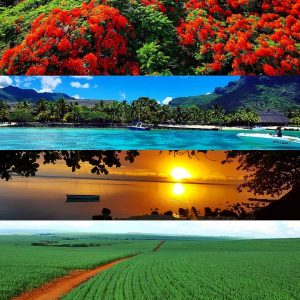
The human story with families at the center: Statistics and rankings, however, only tell part of the story. For African families, development is measured in daily realities. In countries with stronger social systems, parents send their children to school without worrying about hidden fees. In more fragile states, mothers walk miles to access healthcare or struggle with intermittent electricity that makes storing medicine or running a small business nearly impossible.
Job creation, too, remains a family issue as much as an economic one. Africa’s population is projected to double by 2050, meaning millions of young people enter the labor market each year. Whether governments can turn this demographic surge into a dividend, or allow it to descend into despair, will define the continent’s trajectory.
Politics, policy and the development gap: Development in Africa is as much political as it is economic. Corruption, mismanagement and weak institutions have stalled progress in many nations. Armed conflicts from the Sahel to the Horn of Africa, erode trust in governments and displace millions, creating humanitarian crises that undermine HDI progress.
Yet, there are signs of resilience. Countries like Botswana, Ghana, and South Africa fall within the “high human development” category and are gradually narrowing the gap. Regional blocs, from the African Union to smaller economic communities, are pushing integration, infrastructure development, and trade liberalization as tools to boost growth. The African Continental Free Trade Area (AfCFTA), if implemented effectively, could transform the continent’s economic landscape by creating the largest single market in the world.
A continent of contrasts and possibilities: at the moment, Africa’s development story is one of contrasts: the dazzling progress of Mauritius, the steady climb of Seychelles and Algeria, and the ongoing struggles of nations still mired in poverty, instability, or weak governance. But it is also a story of possibility. With its youthful population, abundant natural resources, and growing entrepreneurial spirit, Africa has the potential to redefine development in the 21st century.
The question is not whether the continent can rise, but whether political will, social investment and international collaboration can align quickly enough to ensure that families, whether in Port Louis, Algiers, or Lagos, can live with dignity, opportunity and hope.


